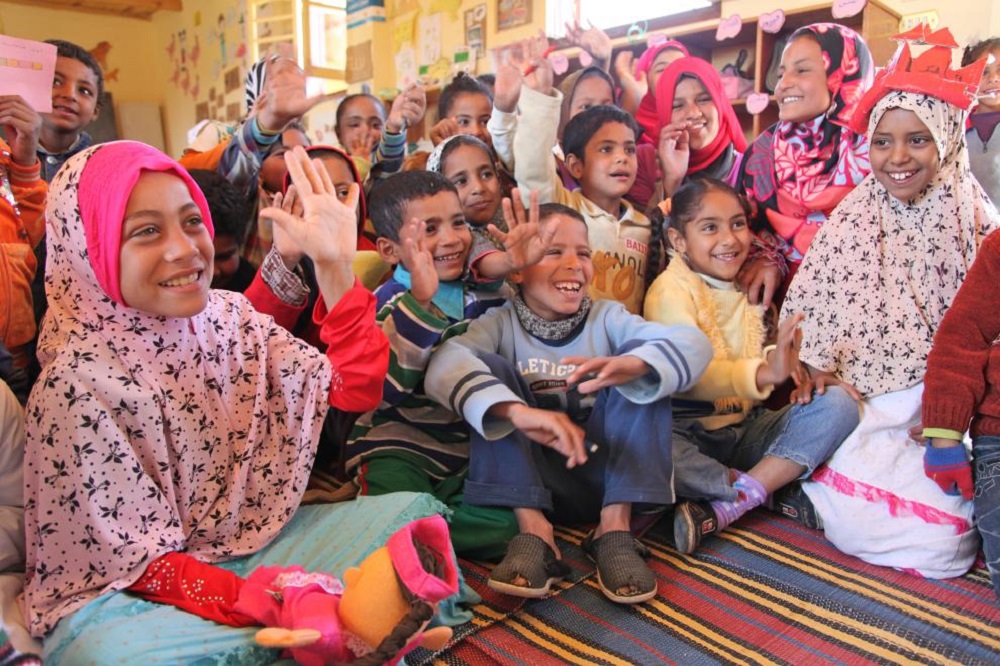Education is a fundamental right that should be accessible to every child, regardless of their background or socioeconomic status. However, millions of underprivileged children worldwide continue to be deprived of this essential tool for empowerment and social mobility.
In this blog post, we will delve into the significance of education for underprivileged children, highlighting the transformative power it holds in breaking the cycle of poverty and creating a brighter future.
I. Breaking the Cycle of Poverty:
Education serves as a potent catalyst in breaking the vicious cycle of poverty that often traps underprivileged communities. By providing children with knowledge, skills, and opportunities, education equips them with the tools necessary to secure better livelihoods in the future.
It helps break the intergenerational transmission of poverty by enabling children to escape the limitations imposed by their circumstances. Through education, underprivileged children can develop critical thinking abilities, acquire relevant skills, and broaden their horizons, empowering them to make informed choices that lead to a brighter future.
II. Empowering Social Mobility:
Education serves as a powerful vehicle for social mobility, offering underprivileged children a pathway to upward social and economic progress. It equips them with the skills and knowledge necessary to compete in the job market and access higher education opportunities.
Education opens doors to professions that were once beyond reach, providing a chance to uplift themselves and their communities. By empowering underprivileged children through education, we can foster a more equitable society where opportunities are not limited by socioeconomic backgrounds.
III. Fostering Personal Development:
Education is not merely about acquiring academic knowledge; it also plays a pivotal role in fostering holistic personal development. It cultivates values such as empathy, tolerance, and respect, nurturing well-rounded individuals who can contribute positively to society.
Education provides a safe and structured environment for underprivileged children to learn and grow, encouraging their cognitive, emotional, and social development. It helps build confidence, self-esteem, and critical life skills, enabling them to overcome challenges and strive for a better future.
Click here to know more about “Child Education: The only way out of generational poverty.”
Conclusion:
Education holds immense transformative power, particularly for underprivileged children. By breaking the cycle of poverty, fostering social mobility, and nurturing personal development, education becomes an essential tool in creating a more equitable and just society.
It is our collective responsibility to ensure that every child, regardless of their background, has access to quality education. By investing in the education of underprivileged children, we not only empower individuals but also strengthen communities and build a brighter future for generations to come.
Fikrah is working on the same. We want to ensure that every child wields the power of education to defend itself. Let us come together to provide the support, resources, and opportunities necessary to unlock the potential of these young minds, for education is the key that unlocks a world of possibilities.

